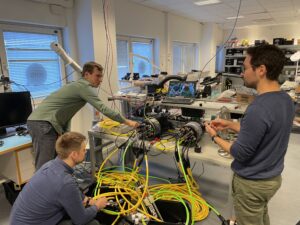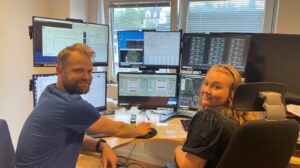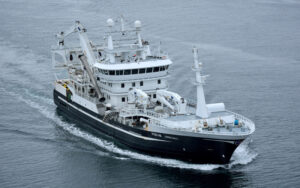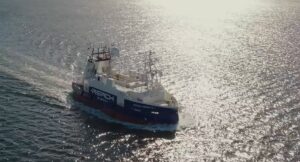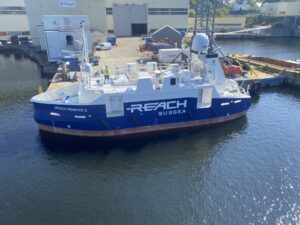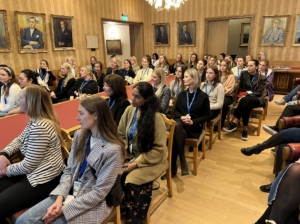Norway recently announced in a press release that it has signed a new agreement with the United Kingdom, Belgium, Denmark, and the Netherlands to facilitate improved cooperation in the international operation of autonomous ships.

The purpose of the agreement is to simplify the operation of autonomous ships in the North Sea and ensure that they can operate safely within each country’s national requirements and frameworks, as it says in the press release.
This announcement is good news for Reach Subsea and the project Reach Remote.

I am thrilled to learn that Norway has made a crucial advancement in enabling autonomous ships to operate in our local shared waters. This development comes at the perfect time for the planned launch of our first two 24-meter uncrewed ROV vessels this year and holds significant importance for the maritime industry in Norway
Bjørg Mathisen Døving, VP Reach Remote at Reach Subsea
Reach Subsea’s two USVs named Reach Remote 1 and 2 were recently successfully sea launched at the yard in Trosvik, Norway. Under the Norwegian flag, these vessels are poised to revolutionize offshore subsea operations, aligning with sustainability initiatives. Reach Remote offers secure , eco-friendly, and cost effective solutions for global subsea inspection, survey, and intervention services. This project integrates Uncrewed Surface Vessels (USVs) with Remotely Operated Vehicles (ROVs), paving the way for advancements in remote maritime technologies and marking a significant miestone in global maritime operations.

In the press release from the Norwegian government the Fisheries and Ocean Minister Marianne Sivertsen Næss states as follows
This collaboration could help establish a new international market for Norway’s maritime industry. Norway’s maritime sector is at the forefront of developing autonomous solutions. The collaboration will create a platform to further develop efficient and safe solutions for autonomous operations, and it will likely play an important role for our maritime businesses in the years ahead
Marianne Sivertsen Næss, Fisheries and Ocean Minister
The press release further states that the Norwegian Maritime Authority believes the agreement provides a good framework for common technical standards and solutions.
We aim to ensure that Norway remains at the forefront of new technology in the maritime industry. Additionally, Norway is a maritime powerhouse, so collaboration with other significant flag states, such as the United Kingdom and Belgium, is advantageous. This is about the future of shipping. When several major maritime nations join forces to facilitate and simplify the operation of autonomous ships, it also creates greater predictability for the maritime industry
Alf Tore Sørheim, acting Maritime Director
Since the initial start with the project, Reach Subsea has significantly advanced its Reach Remote USVs and forged collaborations with multiple stakeholders, essential in transitioning from conceptualization to operationalization.
Innovation is more than technological development; it is a comprehensive process of nurturing an entire ecosystem that includes employees, suppliers, partners, customers, the public, financers, and insurance providers to mention some. In this context, Reach Subsea has been both visible and a voice, actively contributing to and maturing this ecosystem
Bjørg Mathisen Døving, VP Reach Remote at Reach Subsea
The Reach Remote USVs will be uncrewed from day 1, and the Masters of Massterly, a collaborative venture between Kongsberg and Wilhelmsen, is contracted by Reach Subsea to take charge of manoeuvring the USV’s and control its remote & autonomous control systems.
Massterly AS, established in 2018 is already operating Yara Birkeland, ASKO Marit & ASKO Therese. Massterly aims to leverage the advantages of reduced operational costs and increased safety and efficiency by promoting uncrewed shipping solutions. Their initiatives support the transition towards more sustainable and technologically advanced maritime operations, reflecting a significant step in transforming the global maritime industry.

For Massterly, this is an important step towards setting a standard for the safe operation of remote and autonomous ships, and ensuring framework for common technical standards and solutions, awaiting international regulations.
Tom Eystø, Managing Director at Massterly
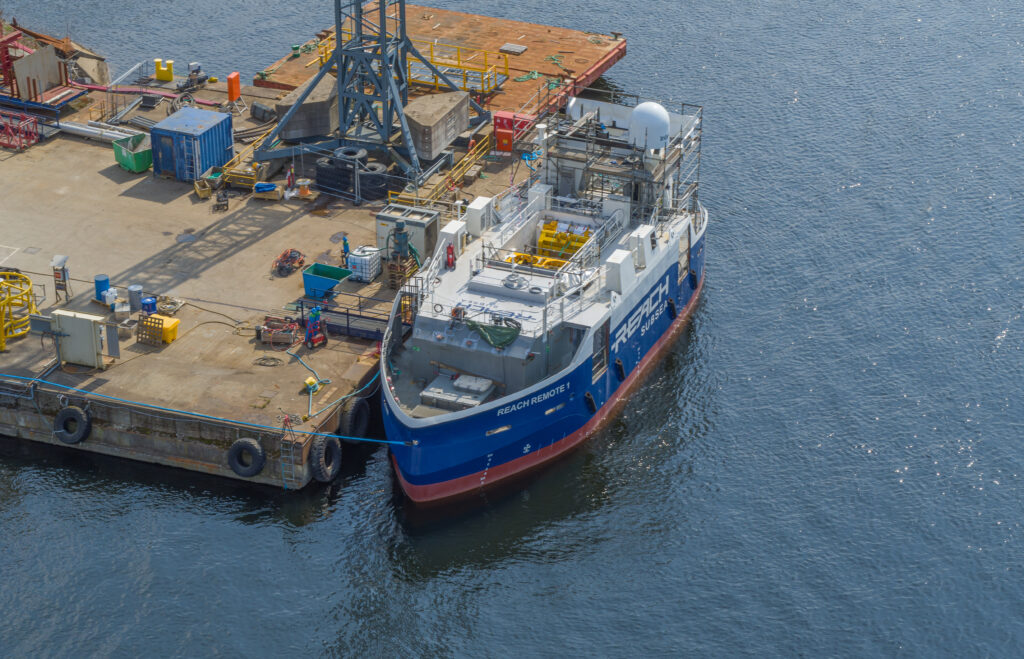
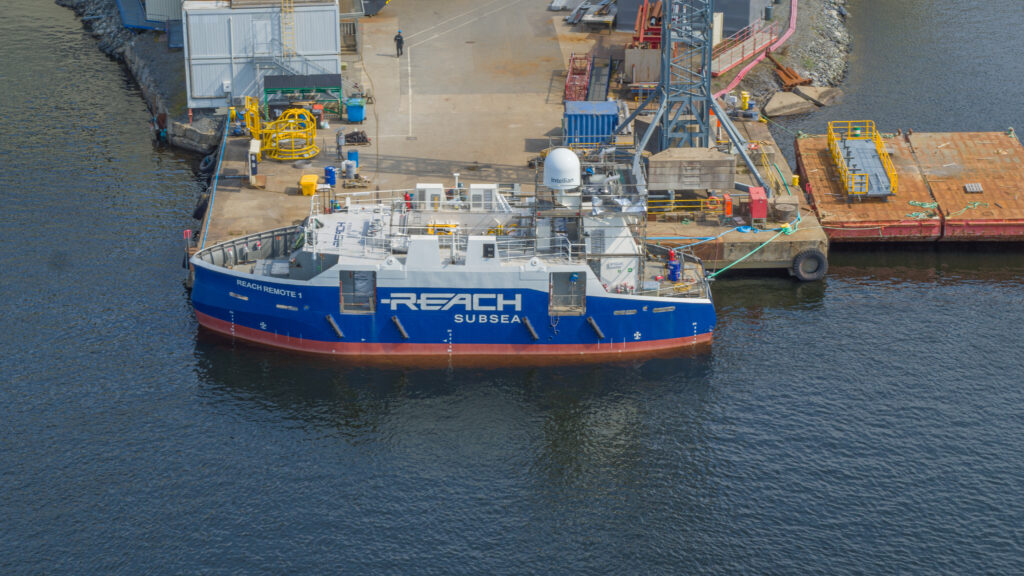
Background
The countries that have signed the agreement commit to sharing knowledge and information about national activities and adopting a common approach to international MASS (Maritime Autonomous Surface Ships) operations where appropriate.
The agreement concerns cooperation on requirements for autonomous ships operating in the North Sea Basin, i.e., outside national waters, allowing countries to agree on common technical standards and solutions for the ships while awaiting international regulations.
While projects and initiatives so far have focused on vessels in national traffic within territorial waters, there are now several ongoing projects exploring market opportunities in the North Sea Basin. This development is driven by existing and anticipated offshore wind expansions and the development of vessels and operational concepts for the inspection and maintenance of these installations.
The agreement is based on existing guidelines from the United Nations’ International Maritime Organization (IMO) and the European Union. The IMO has started work on developing non-binding rules for autonomous cargo ships, expected to be completed by 2025. Norway is actively participating in this work.
